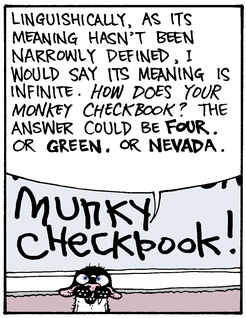The following text is taken from, “The King We Need,” an article written by Charles R. Johnson and posted at Shambhala SunSpace on April 4, 2010. Click here to read the full entry.
“The great problem facing modern man is that the means by which we live have outdistanced the spiritual ends for which we live.” — Martin Luther King, Jr.
When most of us think about that American apostle of nonviolence and peace, Martin Luther King, Jr., even some who marched beside him in demonstrations nearly fifty years ago, we do so with an almost deliberate forgetfulness and precious little understanding of the specific “content of character” (to borrow one of King’s most famous phrases) displayed by a man who insisted in his sermon “Three Dimensions of a Complete Life” that, “Somewhere along the way, we must learn that there is nothing greater than to do something for others.”
Despite the overwhelming presence of this man in our lives, King in his magnificent fullness-as this nation’s Socratic “gadfly of the state” and our most prominent moral philosopher of the second half of the twentieth century-is strangely absent. Too many of us, especially those born after his assassination thirty-seven years ago, see him only in the oversimplified terms of race-as an eloquent, segregation-era “voice of his people,” frequently and falsely compared in political conversations with his very different (and philosophically antithetical) contemporary, Malcolm X, whose daughter’s observation in the 1980’s about her father’s popularity applies equally as well to King: “He’s getting attention, but I think he’s misunderstood… Young people are inspired by pieces of him instead of the entire man.”
…
The ten points of the “Commitment Blank,” a kind of Decalogue signed by
members of the Southern Christian Leadership Conference (SCLC) and their
followers during the electrifying Birmingham campaign:
Continue reading →

